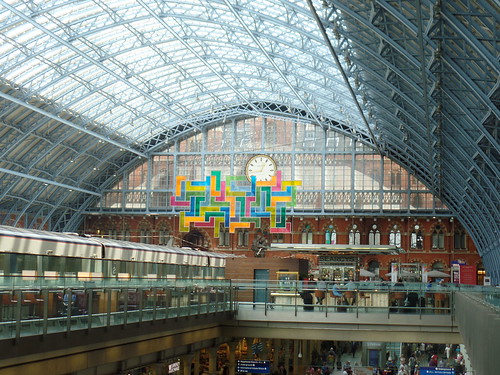From Spain to the Spanish Netherlands. As I contemplate writing up this trip it dawns upon me that this is the first time I’ve blogged Belgium, and only my third visit to the country. Conclusion: I don’t get to Belgium half as much as I should. For so long Belgium was, to Britain, merely the butt of jokes in bad TV comedies. Yet the defence of this place across the water was what dragged us into World War I, and the swift Eurostar connection to Brussels means that these days we can go abroad and explore a relatively unfamiliar country without having to endure the awful experience of airports, and with a quicker journey time than we face going to Newcastle or Glasgow (although who knows what obstacles Brexit will place in our way). When Belgium was at its most unfashionable, Jonathan Meades made his celebrated film arguing that it was interesting because as devout Catholics, Belgians paired the same death-cult as Spain or Italy (where it is leavened by sunny skies and the blue Mediterranean) with perpetually grey skies that rain more than Yorkshire. My own great fondness for the place can probably be attributed, at least in part, to the fact that its brilliance is unsung, under-the-radar, and a wonderful surprise. The tourist goes to Venice in full expectation that he will find one of the most beautiful cities in the world, but what knows the tourist of Ghent? Until recently, not so much, but its greater accessibility these days seems to be waking Brits up to the fact that Belgium has the best beer, chips and chocolate on God’s earth, and much else besides.
